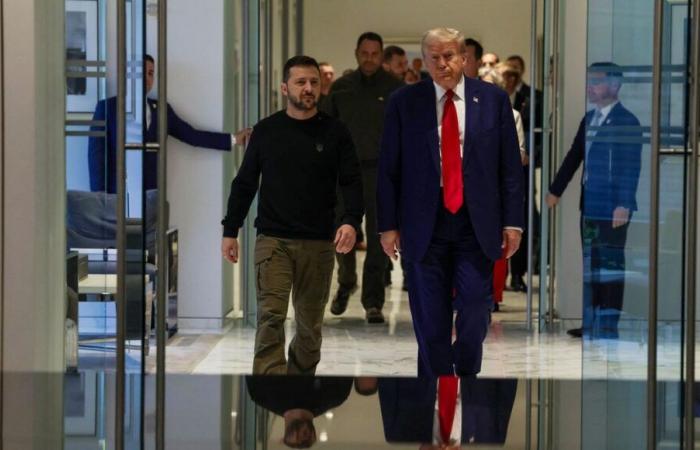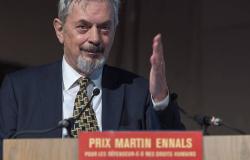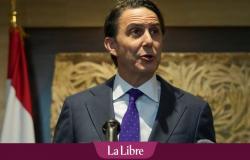For weeks, months, all geopolitical experts have been emphasizing the risks for Ukraine of a new term of Donald Trump in the White House. It is true that arguments abound. Here are some of them:
Donald Trump and many of those close to him believe that aid to Ukraine is too expensive. The billionaire has often questioned NATO. For him, Europe must pay for its security.
He claims to be able to resolve the conflict in Ukraine “in 24 hours”. An express agreement would necessarily be based on the current front lines. However, Russia has conquered nearly 20% of Ukrainian territory. kyiv should therefore make concessions.
As a bonus, Trump is considered a friend of the Russians. He has exchanged pleasantries with Putin several times. And there is no shortage of investigations into its links with Moscow, or into Russian interference in the American elections.
However, it should be noted that Ukrainian leaders are not crying wolf. President Zelensky was quick to congratulate Trump after his election. He hopes that the American will help kyiv obtain “a just peace”. Ukraine has no interest in offending the future head of state who has helped his country the most for three years. But this is not the only explanation.
Ukrainians are tired of the Biden administration’s procrastination. They had to wait weeks, months, for Washington to deliver them tanks, then planes, then finally gave the green light this week to the use of long-range missiles against Russia. They prefer a Trump who puts his cards on the table to a timid Biden or Kamala Harris.
The United States under Biden has often given the impression that their priority was to avoid conflict with Russia: above all, not to come across as co-belligerents, not to offend Putin.
Trump, for his part, reflects the image of a strong man. Example, these words in the Wall Street Journal just before the election: “I told him, Vladimir, if you attack Ukraine, I will hit you so hard that you won’t believe your eyes, I will hit you right in the heart of Moscow! »
A bluff? Show off? Perhaps, but doubt benefits the one who shakes the fist.
And then Donald Trump has not always been lenient with Russia. In 2018, for example, he withdrew his country from the Nuclear Treaty on Intermediate-Range Weapons, accusing Moscow of “raped for years”.
But Trump has appointed rather pro-Russian figures to his administration. The most obvious example is undoubtedly Tulsi Gabbard at the National Directorate of Intelligence (if her appointment is of course validated by the Senate). His worldview seems to match that of the Kremlin, which alarms many American experts and diplomats.
But the neoconservatives who are wary of Russian influence have not disappeared from the landscape: we can cite Marco Rubio, secretary of state, or Mike Walz, national security advisor, two strategic positions.
Finally, the last argument is psychological: Trump does not want to be seen as a loser. Above all, he will seek to obtain an agreement favorable to his country. Russia is a competitor. Weakening Moscow is good for the United States.






